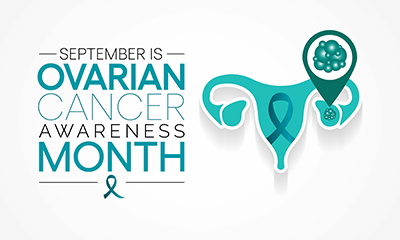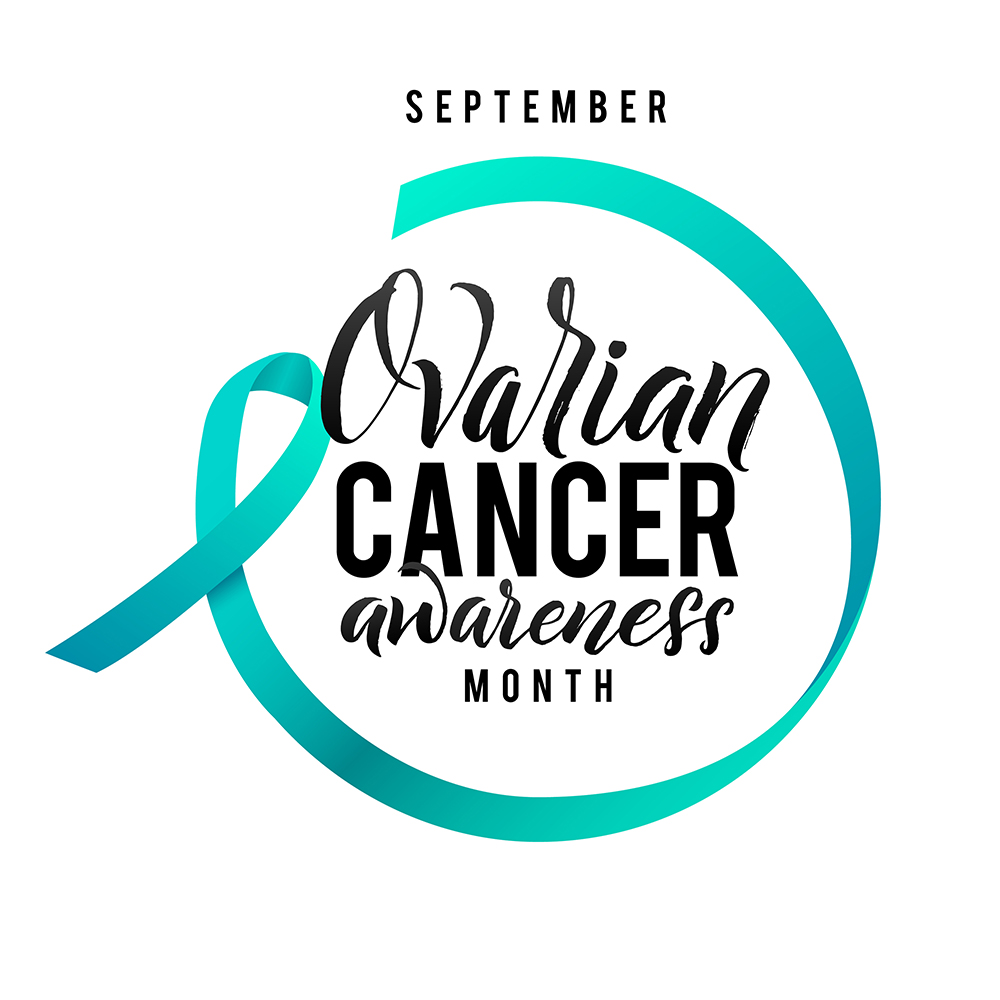
September is a significant month for raising awareness about a silent and deadly disease that affects thousands of women every year—Ovarian Cancer. At MCR Health, we believe that knowledge is power, and Ovarian Cancer Awareness Month provides us with a unique opportunity to educate, inform, and empower individuals to take proactive steps towards early detection and prevention. In this comprehensive guide, we will delve into the facts, risk factors, symptoms, preventive measures, and how you can actively participate in raising awareness.
Understanding Ovarian Cancer
Ovarian cancer is the eighth most common cancer among women worldwide and ranks fifth in cancer-related deaths. It occurs when abnormal cells in the ovaries (two almond-sized organs in the female reproductive system) begin to grow uncontrollably, leading to the formation of tumors. What makes ovarian cancer particularly challenging is its silent nature—symptoms are often subtle and easily mistaken for other common ailments. By the time symptoms become noticeable, the cancer may have already advanced to later stages, making early detection and intervention crucial.
Know the Risk Factors
While ovarian cancer can affect women of all ages, certain risk factors may increase the likelihood of developing this disease. These risk factors include:
- Family History: Individuals with a family history of ovarian cancer or a genetic predisposition, such as the BRCA1 and BRCA2 gene mutations, are at higher risk.
- Age: Ovarian cancer is more common in women over the age of 50, with the highest incidence occurring in women aged 63 and older.
- Reproductive Factors: Women who have never been pregnant, started menstruating before the age of 12, or reached menopause after the age of 50 may be at an increased risk.
- Hormone Replacement Therapy (HRT): Prolonged use of estrogen-only HRT, especially for 5 years or more, may raise the risk.
- Obesity: Being overweight or obese is associated with an increased risk of ovarian cancer.
Recognizing the Symptoms
As mentioned earlier, the symptoms of ovarian cancer can be subtle and easily overlooked. It’s crucial to be aware of the signs and seek medical attention if they persist. Common symptoms include:
- Abdominal Bloating: Persistent and unexplained bloating that doesn’t go away with dietary changes or menstruation.
- Pelvic or Abdominal Pain: Chronic pain or discomfort in the pelvis or abdomen.
- Difficulty Eating: Feeling full quickly or having difficulty eating, even when you haven’t consumed much food.
- Frequent Urination: An increased urge to urinate, often accompanied by a sense of urgency.
- Change in Bowel Habits: Any significant change in bowel habits, such as constipation or diarrhea, lasting for more than a few weeks.
Prevention and Early Detection
Preventing ovarian cancer starts with understanding your risk factors and taking steps to mitigate them. While some risk factors, such as genetics and family history, cannot be controlled, there are lifestyle choices that can help reduce your risk:
- Oral Contraceptives: Long-term use of birth control pills has been shown to reduce the risk of ovarian cancer.
- Pregnancy and Breastfeeding: Having children and breastfeeding can lower your risk.
- Healthy Diet: Eating a balanced diet rich in fruits and vegetables and low in saturated fats may contribute to a lower risk.
- Regular Exercise: Staying physically active can help maintain a healthy weight and reduce your risk.
- Consultation with a Healthcare Professional: Regular check-ups and discussions with your healthcare provider about your risk factors are crucial.
How to Observe Ovarian Cancer Awareness Month
Observing Ovarian Cancer Awareness Month can be a meaningful way to contribute to the cause. Here are some ways you can get involved:
- Wear Teal: Teal is the official color of ovarian cancer awareness. Wear teal ribbons, clothing, or accessories to show your support and raise awareness.
- Host Fundraisers: Organize events, bake sales, or fundraisers to support ovarian cancer research and awareness initiatives.
- Share Information: Use social media platforms to share informative posts and articles about ovarian cancer. Encourage your friends and followers to learn more.
- Attend Local Events: Participate in local ovarian cancer awareness events, such as walks or runs, to show solidarity with survivors and families affected by the disease.
Schedule Your Next Appointment
One of the most proactive steps you can take this month is to schedule your next appointment with your MCR OB/GYN. Regular check-ups and discussions with your healthcare provider about your risk factors, symptoms, and concerns are crucial for early detection and prevention.
MCR’s Commitment
Ovarian Cancer Awareness Month serves as a reminder that knowledge and early detection are our most potent weapons against this silent killer. At MCR Health, we urge everyone to educate themselves, know the risk factors, recognize the symptoms, and take proactive steps to reduce their risk. By raising awareness and promoting early detection, we can help save lives and make progress towards a future where ovarian cancer is no longer a threat. Together, we can make a difference in the fight against ovarian cancer. Join us in raising awareness and taking action this September.

